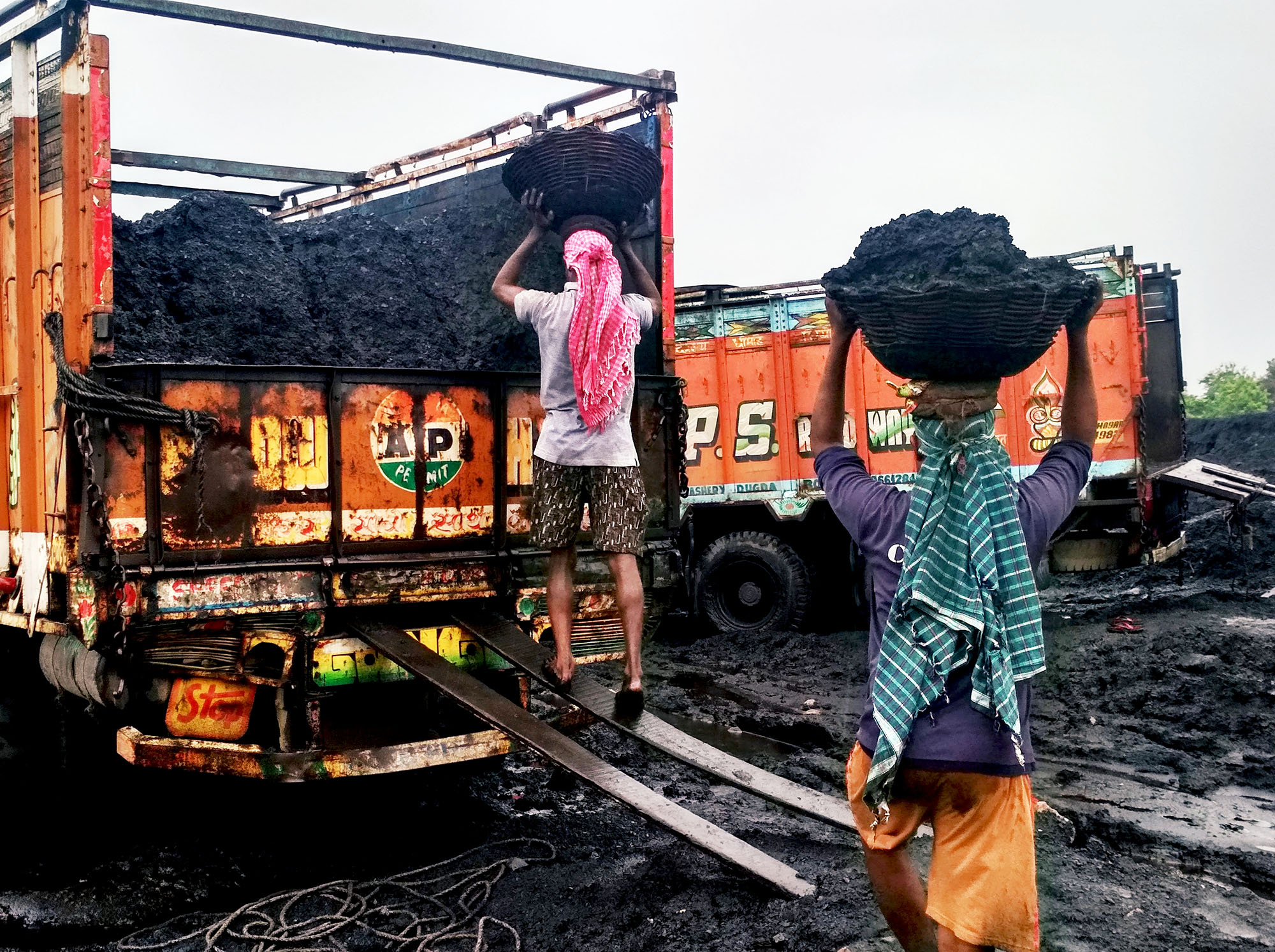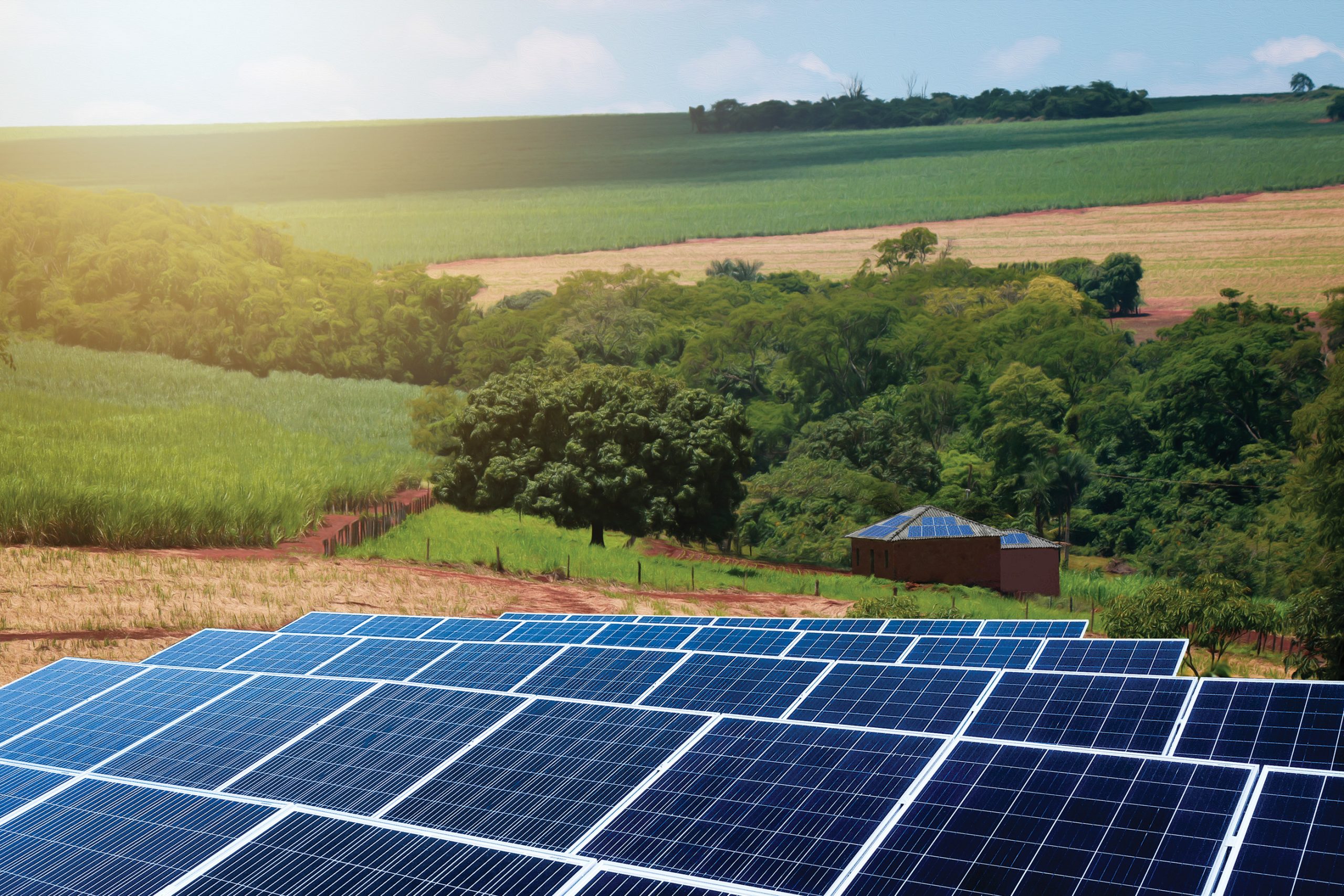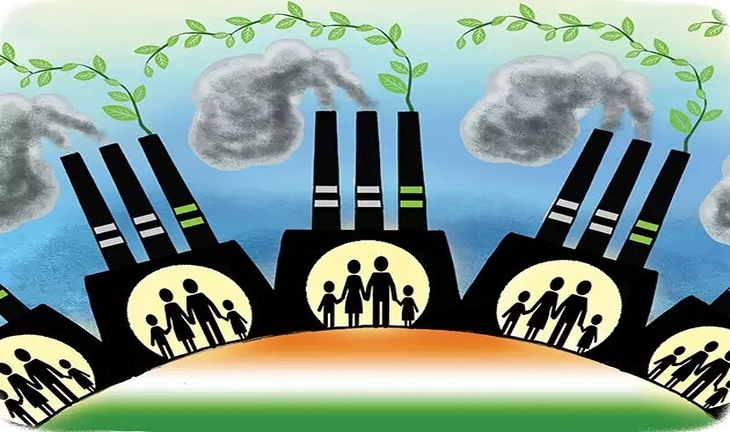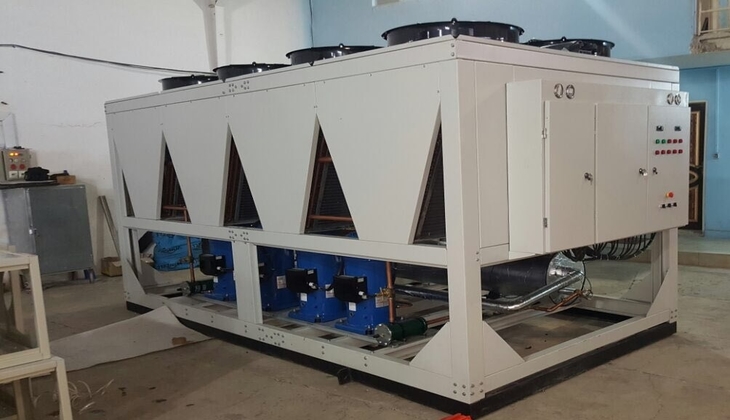Energy & Climate Change
Our work is focussed on enabling a Just Transition away from fossil fuel economy and a rapid transition to renewable and zero-carbon technologies. We are also working on low-carbon/ no-carbon development in industries and promoting natural refrigerants and energy efficiency in the Refrigeration and Air-conditioning (RAC) sector. Our objective is to catalyse an ambitious climate mitigation goal and strategy within India and engage in the international climate change negotiations to push for an equitable and ambitious global mitigation outcome.
Just Transition


Green Cooling & Energy Efficiency
Clean Energy
India has pledged to achieve net-zero carbon emissions by 2070 at UNFCC’s COP-26 summit in November 2021. This necessitated a substantial phase-down of fossil-fuel consumption in power generation, transport and industrial sectors and a massive scale-up of clean energy sources. In the immediate term, the country targets to achieve an installed non-fossil fuel electricity capacity of 500 GW by 2030, reducing the emissions intensity of the economy by 45%. To this end, India has revised its renewable energy obligations to 43.33% for 2030.





